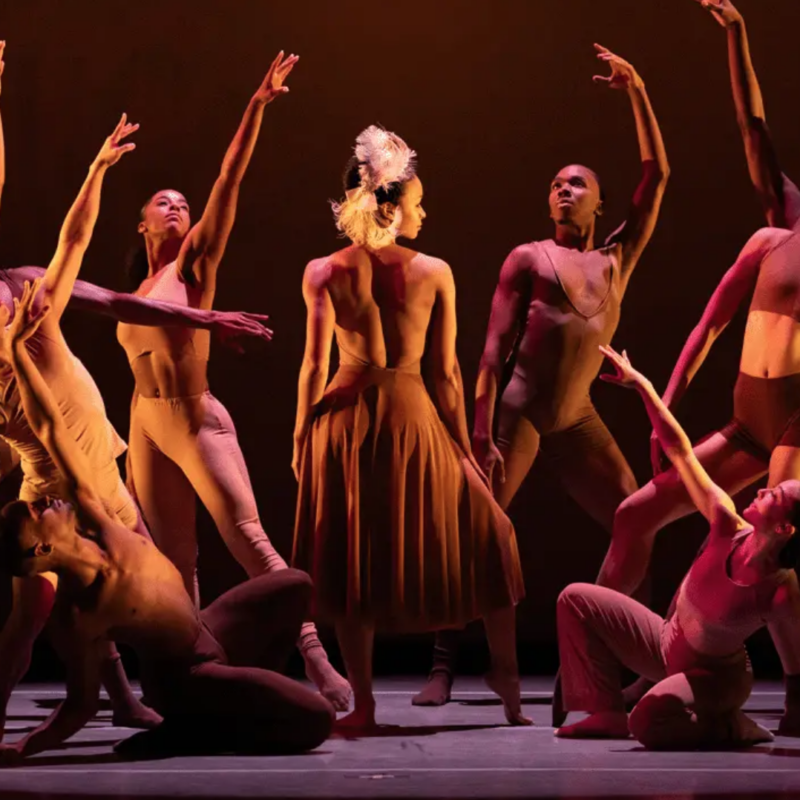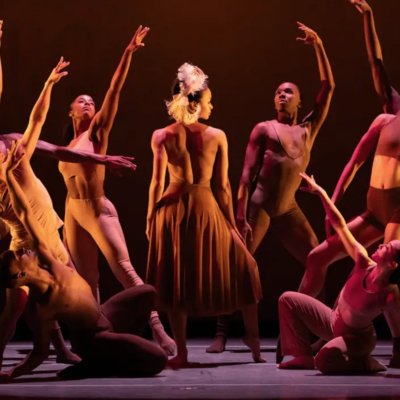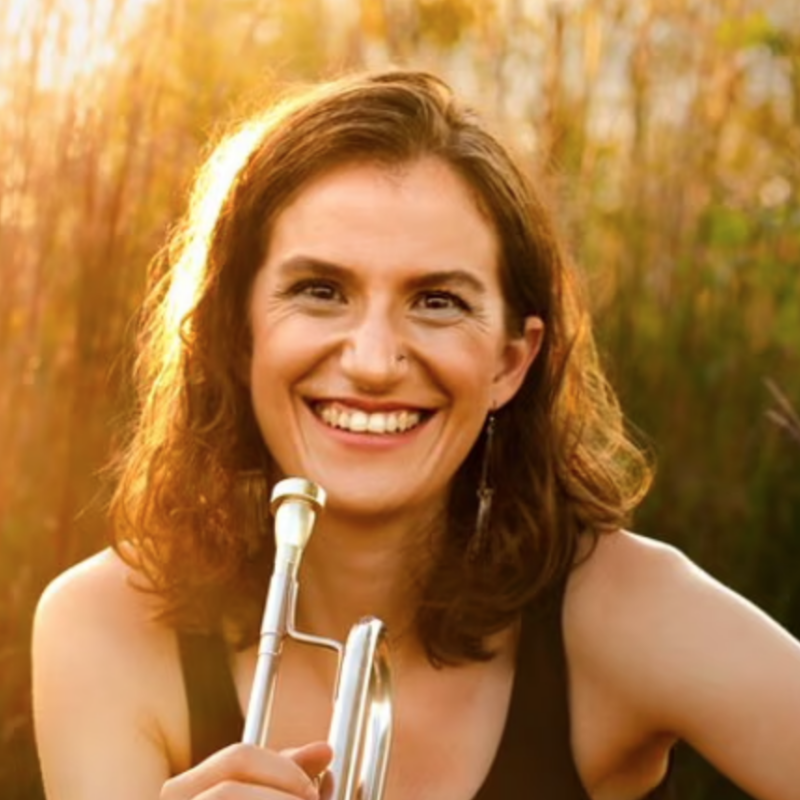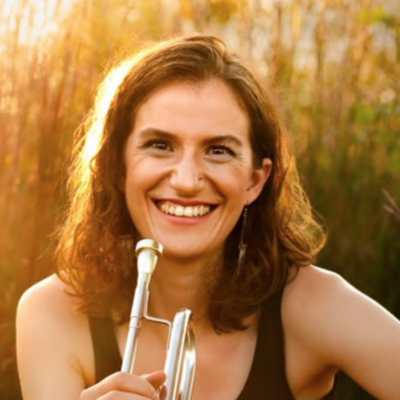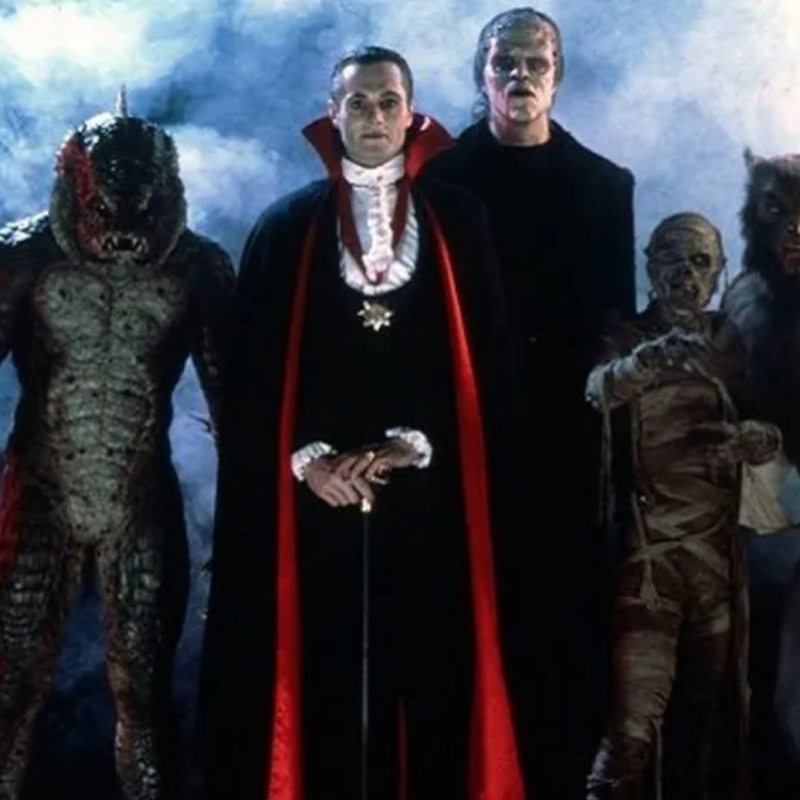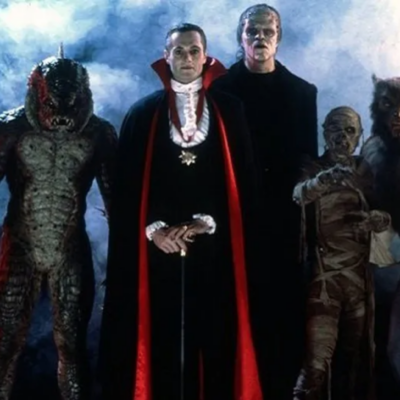What were you doing when we called?
I think I’m going to be human again, pretty soon. We had eight hours of vocal jury at UVA. We require all the students to take a jury if they want to go to a higher level of lessons, so it was a mix of pop, folk, classical. I had about two hours of my students, then the rest were classical. I was arranging lessons for some students during my break. They’re students I can’t teach through UVA or who don’t get to take lessons during the semester.
|
In the 1980s, Stephanie Nakasian left a career in finance to pursue jazz singing, at first on tour with Grammy winner Jon Hendricks. Her recordings include Thrush Hour: A study of the Great Ladies of Jazz and The Classic Songs of Billie Holiday. |
What are you working on right now?
I’m finishing my second book, which is a voice manual—my first book was a jazz manual—so I’m editing that. I’ve been teaching 15 years and I’ve developed a wonderful approach to treating the voice. It’s a very easy approach, and it’s been very successful, so I’m putting it in a book. I’m also preparing a recording for a Japanese record label. It’s basically a recording of my husband, Hod O’Brien, who is very well known in Japan. They’ve recorded him, and they’ve recorded me—the Spice of Life label. They wanted to do one with a four or five member ensemble. We recorded here, out in Crozet, then we’ll tour Japan in June.
Tell us about your day job.
Teaching is my secondary career, my number one career is as a jazz singer and touring artist. I teach 13 weeks a semester, about half the year. I teach at UVA and William & Mary. I have a few who aren’t UVA students, but most are.
Tell us about a book/painting/record/piece of art that you wish were in your private collection.
I suppose I wish I had every great jazz record ever made, but I already have 2,000 of them.
Which of your works are you most proud of?
My first record. Making your first record is like giving birth: It’s very agonizing and then you really feel like you’ve really accomplished something when you finish. It’s very personal and important to me because I came to music from the business world. I have an MBA in finance from Northwestern, I had a career in finance and currency trading and then I met Hod in New York, and started singing. In those days, you didn’t make CDs five minutes after you started. You had to get signed by a record label, which could take years of hard work to get recognized. So I didn’t make a record for eight years. In ’88, I made my first recording. We were living in Pennsylvania in the Poconos at the time. It was very, very big for me. It was my coming into the big time.
What is a concert, exhibit or show that has recently inspired you?
I do a lot of things for the New Orleans Jazz Preservation Hall. They have these wonderful, week-long celebrations of different jazz musicians. They did a Stan Kenton one about a year ago. I was doing June Christy material. She was the singer with Stan Kenton’s band, after Anita O’Day. I recorded a tribute to her, and it’s very popular around the country. I’ve done a lot of Stan Kenton tributes. Matter of fact, 2011 is the hundredth anniversary of his birth, so I’ve done two already this year.
Locally, who would you like to collaborate with?
I’d love to do more with John D’earth. We’ve done things through the years together, and we’ve played in the Free Bridge Quintet together. He’s so musical. I know he enjoys playing with Hod too. He’s got that great combination of technical ability and passion. He wants the music to happen on the bandstand. He’s not just playing the notes, so something exciting always happens.
What would you do if you knew you couldn’t fail?
I always loved dancing, but I was always pursuing music. I think it’s great, though. My daughter’s a big tapper, but she can’t find a show to tap in anymore.
If you could have dinner with any person, living or dead, who and why?
Oh, Louis Armstrong. Who else? Probably Bird. I’d like to be in a quiet place where we could talk. I’d rather hear them than sit at a table and talk to them. Most musicians can’t talk about anything—I mean the really great ones. They just play. As far as someone who would be stimulating dinner conversation, I don’t know.
/OSNakasian01.jpg)
